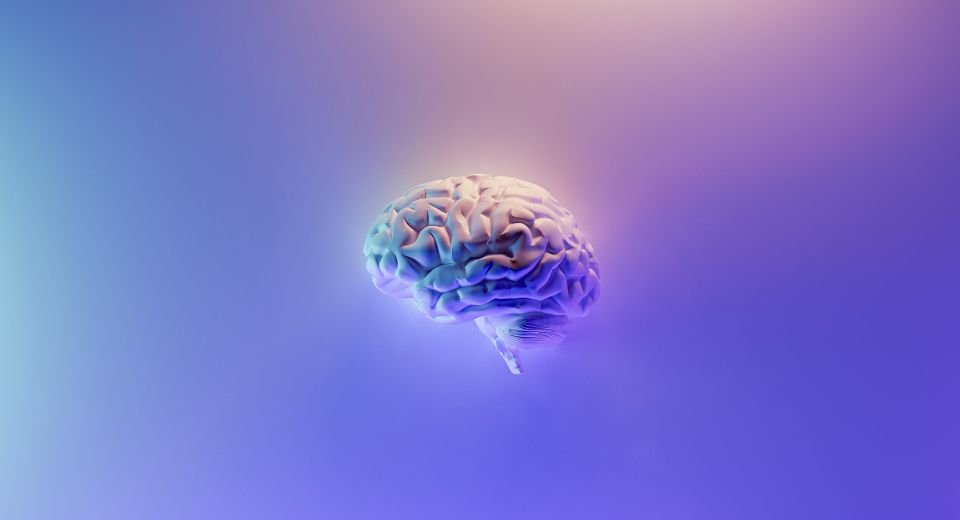HQ Team
February 14, 2024: Researchers at Tokyo University of Science, led by Professor Akiyoshi Saitoh, showed how oxytocin influences learning and memory through an animal study.
By employing pharmacogenetic techniques, the team activated specific oxytocin neurons in animal models, revealing significant enhancements in long-term object recognition memory.
These findings add to our understanding of oxytocin’s role in cognitive knowledge and also potentially help in developing treatments for dementia.
Investigating oxytocin’s neural pathways
Oxytocin is known for its effects on emotional bonding. This study offers insights into oxytocin’s influence on memory enhancement by studying “OXT neurons” that contain OXT receptors and function differently based on the availability of the chemical in the brain.
“Previously we had suggested that oxytocin may be a new therapeutic candidate for dementia based on studies using a mouse model of Alzheimer’s disease. To investigate this further, in this study, we examined the role of endogenous OXT in mouse cognitive function.
“This was done by using pharmacogenetic techniques to specifically activate OXT neurons in specific brain regions. The cognitive function of mice was then evaluated using the Novel Object Recognition Task (NORT),” explains Prof. Saitoh.
To identify the neurons responsible for OXT’s effect on memory, the researchers specifically activated OXT neurons in the paraventricular hypothalamic nucleus (PVN), and observed positive signals in the PVN and its projections to the supramammillary nucleus (SuM).
They observed a significant boost in long-term object recognition memory upon activation of oxytocinergic neurons, highlighting the pivotal role of oxytocin in cognitive functions.
Implications for dementia treatment
This groundbreaking research not only expands our understanding of oxytocin’s role beyond social bonding but also holds promise for dementia treatment. By elucidating oxytocin’s neural pathways and its impact on memory enhancement, the study suggests potential therapeutic interventions for diseases like Alzheimer’s.
“There is a widely acknowledged belief that dementia tends to advance more rapidly in settings where individuals experience loneliness or limited social engagement. However, the scientific underpinnings of this phenomenon have remained largely elusive.
“Our research seeks to elucidate the crucial role of a stimulating environment that activates oxytocin in the brain, potentially mitigating the progression of dementia,” explains Prof. Saitoh.
The ongoing exploration of oxytocin’s cognitive effects offers hope for the development of targeted interventions to combat cognitive decline and improve overall brain health.



